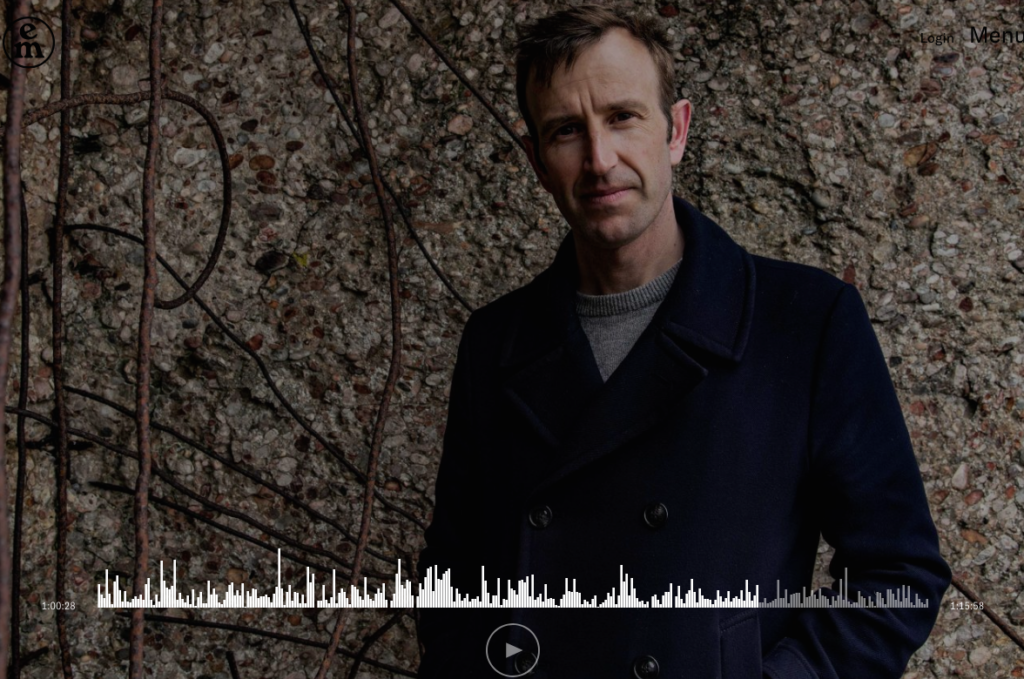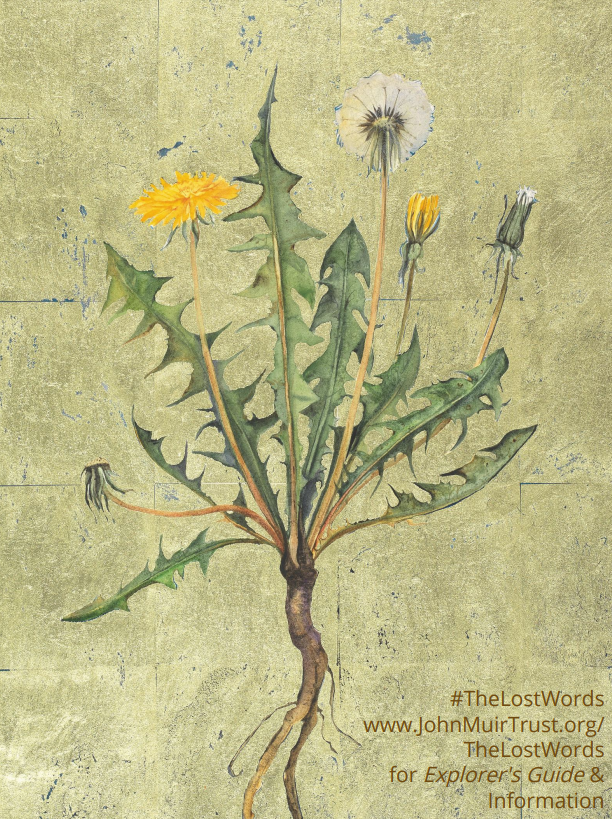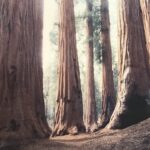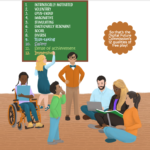
I’ve been listening to a few podcasts lately. One I especially appreciate is the Emergence Magazine podcast. On a recent trip, I found myself listening to executive editor Emmanuel Vaughan-Lee’s interview with Robert MacFarlane. If you’ve been reading Mindful Digital Life for a while, you might have read my post March 29, 2019 titled “The current frequency of words in the daily language of children…” I share a story about a set of nature words that have been deleted from the Oxford Junior Dictionary, a “starter dictionary” aimed at 7-year-olds. And I recommended The Lost Words, an extraordinary book written by Robert MacFarlane and illustrated by artist Jackie Morris (you can find posters of the art to download here). The words and art are masterfully interwoven.
In this Emergence podcast, Robert MacFarlane tells the Oxford Junior Dictionary story from another angle and how he came to write The Lost Words book with Jackie Morris (she invited him to collaborate). And he tells one of the most heartening stories I have heard in a long time…about how The Lost Words book has found its way into primary schools across Britain, the US, and Canada. The interview is long because it covers several of Robert’s books. In the middle, Emmanuel plays several pieces of music or “sonifications” that were inspired by Robert’s book Landmarks. For example, they play a sonification of the word rime (from the Norse word, Rema). Here’s how Robert defines rime:

It’s that extraordinary, feathered ice that grows in very cold, windy conditions. And it forms these amazing, kind of boas of plumage on mountaintops, boulders, trig points, whatever it comes into contact with. What is fascinating to me particularly—and metaphoric and suggestive—about rime is that, counterintuitively, it grows into the wind. So, you look at rime ice, you see its feathers, and you assume that they’ve been blown by the prevailing wind outwards. In fact, rime leans into the direction of the wind, because it’s caused by supercooled water droplets brought by that wind, freezing instantly on contact with a cold surface, the existing surface of the ice. So actually, when you see rime, it grows into the wind. It gives you that direction.”
The conversation about The Lost Words comes towards the end of the interview. If you hover over the photograph on the interview page, you’ll see the start time of the interview bottom left, and the end time at the right. Drag your cursor along that horizontal and it should start to look like the photo above. Drag to approximately 1:00:28. You should hear Emmanuel say: “I’d like to talk to you a little bit about Lost Words.”
Or put those words in the page search and jump right there in the transcript if you’d prefer to read. But don’t miss it…it’s worth the extra effort to listen.
And check out the Explorer’s Guide and posters here. #TheLostWords



